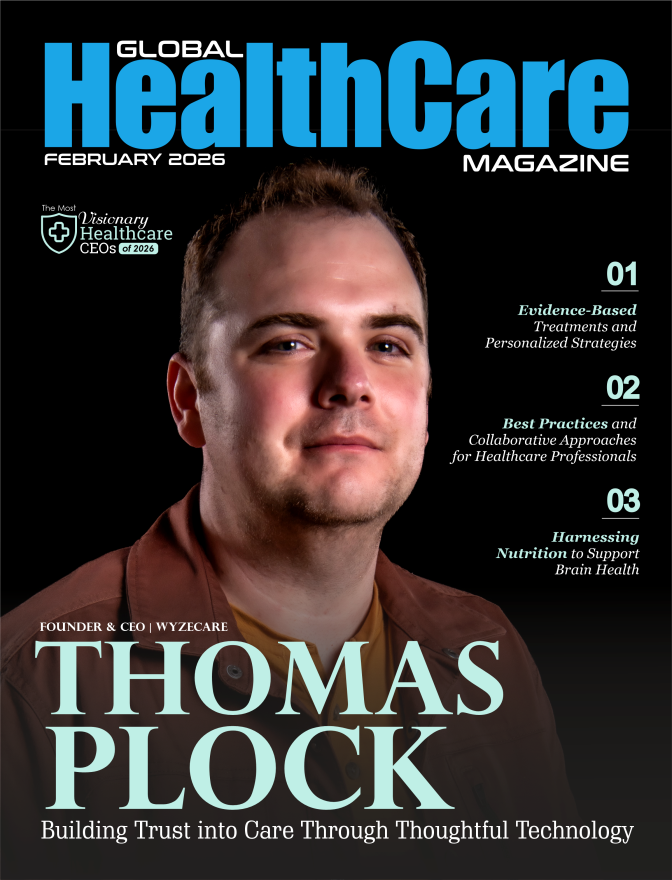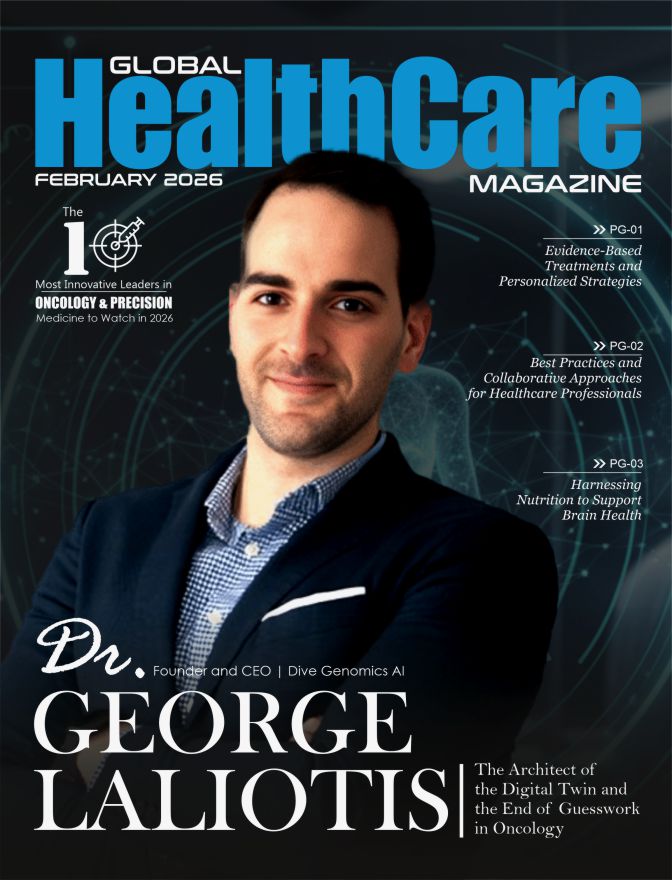Alzheimer’s Disease (AD) is a relentless and progressive neurodegenerative disorder that affects millions of individuals worldwide, robbing them of their memories and cognitive abilities. As the aging population continues to grow, finding effective treatments for Alzheimer’s has become a pressing concern. In this article, we will delve into some of the innovative therapies that are currently under investigation for Alzheimer’s Disease.
Immunotherapy for Amyloid Beta
One of the hallmarks of Alzheimer’s Disease is the accumulation of beta-amyloid plaques in the brain. Immunotherapy aims to target and remove these toxic protein aggregates. Experimental drugs, such as aducanumab, have shown promise in clinical trials by clearing beta-amyloid from the brain. However, their long-term effectiveness and safety are still being evaluated.
Tau Protein-Targeted Therapies
Another key protein involved in Alzheimer’s is tau. Abnormal tau tangles contribute to neuronal dysfunction. Researchers are developing drugs to prevent or reduce tau accumulation, potentially slowing down the disease’s progression.
Anti-Inflammatory Drugs
Chronic inflammation in the brain is believed to play a role in Alzheimer’s. Some studies are exploring anti-inflammatory medications to mitigate neuroinflammation and protect neurons from damage.
Lifestyle Interventions
Lifestyle factors like diet, exercise, and cognitive stimulation are gaining attention. A Mediterranean diet rich in fruits, vegetables, and healthy fats, along with regular physical and mental activity, may help reduce the risk of Alzheimer’s or delay its onset.
Stem Cell Therapy
Stem cell research is advancing rapidly. Scientists are investigating the potential of stem cells to replace damaged brain cells and restore cognitive function in Alzheimer’s patients. While promising, this approach is still in its experimental stages.
Precision Medicine
Alzheimer’s is a complex disease with various genetic and environmental factors at play. Personalized or precision medicine tailors treatment to an individual’s unique genetic profile, potentially leading to more effective therapies.
Non-Invasive Brain Stimulation
Techniques like transcranial magnetic stimulation (TMS) and transcranial direct current stimulation (tDCS) are being explored for their potential to enhance brain function and slow cognitive decline in Alzheimer’s patients.
Virtual Reality and Cognitive Training
Virtual reality-based cognitive training programs are being developed to improve memory and cognitive function in Alzheimer’s patients. These immersive experiences can stimulate neural networks and enhance mental abilities.
Neuroprotective Compounds
Several natural compounds, like curcumin from turmeric and resveratrol from red grapes, have shown neuroprotective properties in preclinical studies. Researchers are investigating their potential as supplements or drug components for Alzheimer’s treatment.
Gene Therapies
Gene editing technologies like CRISPR-Cas9 hold promise for modifying genes associated with Alzheimer’s risk. This revolutionary approach could potentially prevent or treat the disease at its genetic roots.
Conclusion
The search for effective therapies for Alzheimer’s Disease is a top priority in the field of neurology. While there is no cure yet, innovative treatments are emerging from ongoing research. These therapies, ranging from immunotherapy to lifestyle interventions and gene editing, offer hope for better management of Alzheimer’s in the future. As research continues, it’s crucial to stay informed about these advancements and their potential impact on Alzheimer’s patients and their families.
Also Read: Unlocking the Future: The Promise of Brain Implants in Neurology













